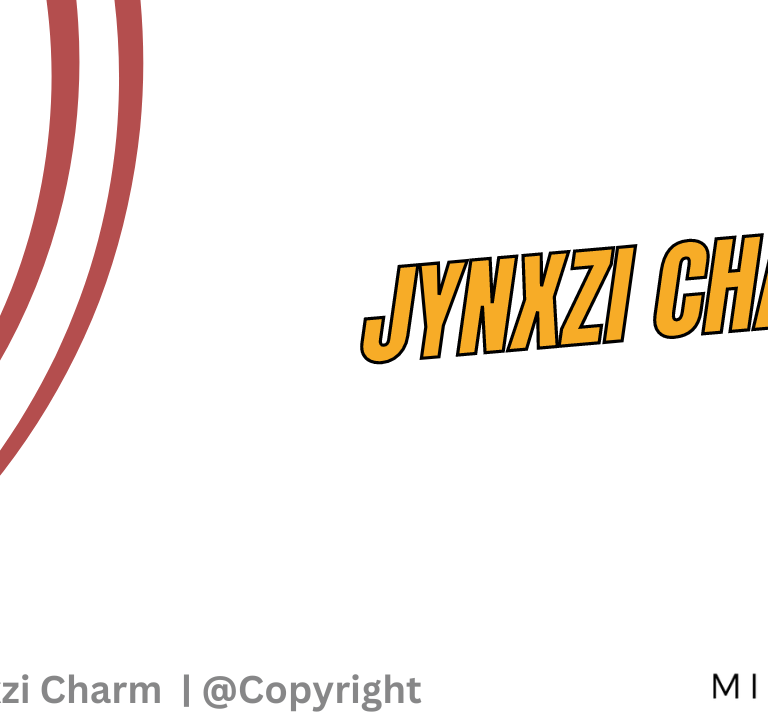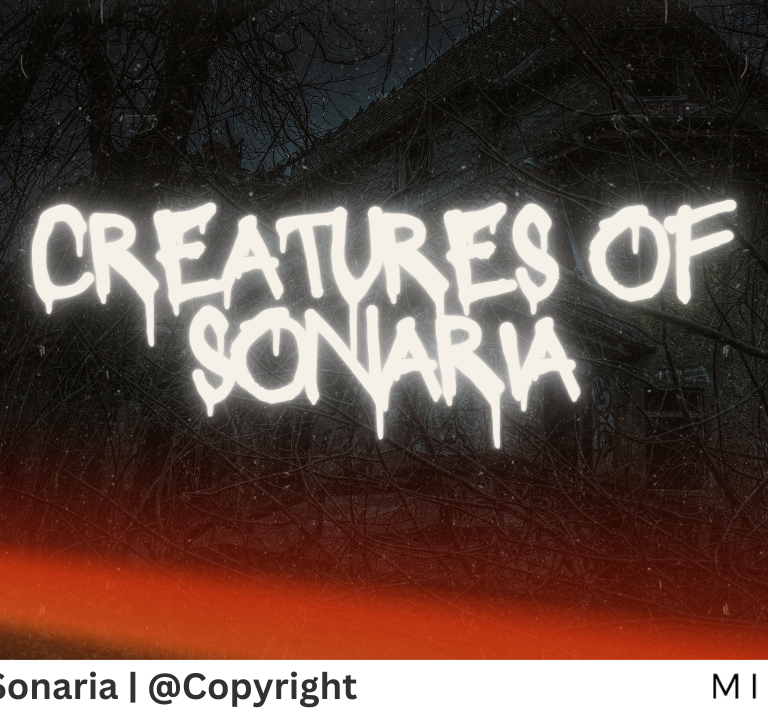Cult game studios and their path to success
In the vibrant world of video games, some studios stand out not just for their financial success but for the passionate followings they inspire. These are the cult game studios — companies whose unique visions and dedication to craft have earned them a special place in the hearts of gamers worldwide.
Their paths to success are often as unconventional and compelling as the games they create. Here, we explore a few of these studios, delving into their origins, challenges, and the elements that set them apart.
From Humble Beginnings to Iconic Status

CD Projekt Red’s journey began in Poland in 1994 as a game distributor, not a developer. Founders Marcin Iwiński and Michał Kiciński had a vision to bring the best games to Polish gamers, but it was their ambitious step into game development that set them on the path to cult status.
In 2007, they released “The Witcher,” based on Andrzej Sapkowski’s fantasy novels. The game’s deep narrative, complex characters, and mature themes resonated with players, laying the foundation for the studio’s future success.
The sequel, “The Witcher 2: Assassins of Kings,” improved on its predecessor in every way, and “The Witcher 3: Wild Hunt” cemented CD Projekt Red’s reputation. These games also attracted players that used dota 2 betting sites from time to time.
The studio’s commitment to delivering quality content, including expansive free updates and paid DLCs, further endeared them to their fans. Despite facing significant challenges and criticisms, especially with the launch of “Cyberpunk 2077,” the studio’s dedication to addressing issues and maintaining transparency has kept their cult status intact.
FromSoftware, the Japanese studio behind the “Souls” series, had been developing games since 1986, but it wasn’t until the release of “Demon’s Souls” in 2009 that they achieved cult status. Directed by Hidetaka Miyazaki, “Demon’s Souls” was known for its punishing difficulty, intricate world design, and deep lore. The game’s success led to the creation of “Dark Souls,” which refined the formula and expanded the fanbase.
FromSoftware’s games are characterized by their challenging gameplay, minimalistic storytelling, and atmospheric environments.
Titles like “Bloodborne” and “Sekiro: Shadows Die Twice” further demonstrated the studio’s versatility while adhering to their core design philosophies. Their path to success was marked by a steadfast commitment to a unique vision, even when it meant going against industry trends.
Innovative Approaches and Player-Centric Philosophies
Founded in 2009, Supergiant Games quickly gained recognition with their debut title, “Bastion.” The game was praised for its beautiful art style, engaging narration, and atmospheric music. The studio’s commitment to crafting unique and polished experiences continued with “Transistor,” “Pyre,” and the critically acclaimed “Hades.”
Supergiant Games’ success lies in their ability to blend innovative gameplay with compelling storytelling and stunning audiovisual design.
Each game offers a distinct experience, yet all share a common thread of quality and creativity. Their approach to game development — focusing on small, passionate teams and iterative design — has earned them a dedicated following and numerous awards.
Ninja Theory, founded in 2000, carved a niche for itself with a focus on narrative-driven action games. Titles like “Heavenly Sword” and “Enslaved: Odyssey to the West” showcased the studio’s talent for blending cinematic storytelling with engaging gameplay. However, it was “Hellblade: Senua’s Sacrifice” that truly defined their path to cult status.
Developed with a relatively small team and budget, “Hellblade” tackled the challenging subject of mental illness with sensitivity and depth.
The game’s innovative approach to depicting psychosis, combined with its stunning visuals and immersive audio design, earned critical acclaim and commercial success. Ninja Theory’s commitment to pushing boundaries and addressing meaningful themes has set them apart in the industry.
The Importance of Community and Adaptation
Larian Studios, founded in 1996, struggled for years before achieving widespread recognition with “Divinity: Original Sin.” The game, funded through Kickstarter, combined classic RPG elements with modern innovations, such as a robust multiplayer mode and a flexible, turn-based combat system.
The success of “Divinity: Original Sin 2” further solidified Larian’s reputation for delivering deep, engaging RPG experiences.

A key factor in Larian’s success has been their close relationship with their community. They actively sought player feedback during development, allowing them to refine their games and ensure they met player expectations. This player-centric approach, coupled with their dedication to quality and innovation, has earned them a loyal fanbase.
Devolver Digital, although not a traditional game studio, has played a pivotal role in the success of numerous cult games as a publisher. Founded in 2009, Devolver is known for supporting indie developers and helping them bring their unique visions to life.
Titles like “Hotline Miami,” “Enter the Gungeon,” and “Gris” have all benefited from Devolver’s irreverent marketing and commitment to creative freedom.
Devolver’s success lies in its ability to identify and nurture promising talent, giving developers the resources and support they need to succeed. Their unconventional approach to marketing, often filled with humor and satire, has resonated with gamers and helped build a strong brand identity.
Conclusion
Cult game studios succeed by staying true to their unique visions, maintaining a strong connection with their communities, Cult game studios and their path to success, and consistently delivering high-quality, innovative experiences.
Whether through groundbreaking narratives, challenging gameplay, or stunning audiovisual design, these studios have earned their devoted followings by pushing the boundaries of what games can be. Their paths to success are as varied as the games they create, but they all share a common thread: a passion for their craft and a dedication to their players.






